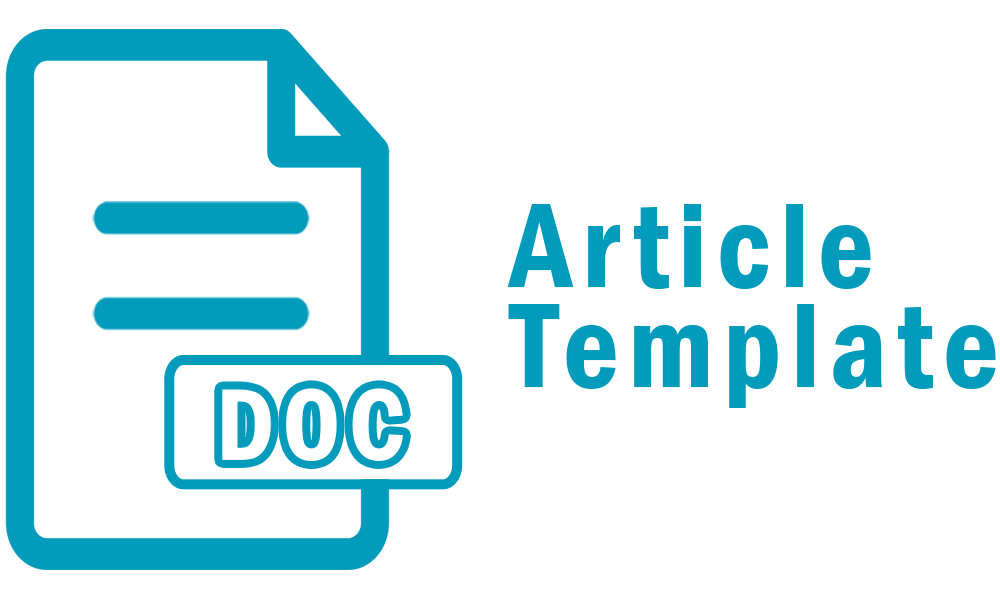PENDAMPINGAN DESAIN DAN PEMBUATAN PRODUK 3D PRINTING MENGGUNAKAN MESIN SHILOUETTE DALAM RANGKA PENGEMBANGAN USAHA DI PONDOK PESANTREN SKILL JAKARTA
DOI:
https://doi.org/10.46961/jpk.v2i1.437Abstract
Abstrak:
Banyak masyarakat sekitar kampus Polimedia yang masih awam tentang berbagai teknik cetak apalagi para santri yang di pondoknya tidak memiliki fasilitas yang berkaitan dengan industri percetakan dan tentunya belum mengetahui mesin 3D printing. Kegiatan Pengabdian kepada Masyarakat (PkM) ini bermitra dengan Pondok Pesantren Skill. Tujuan pengabdian ini adalah untuk memberikan pendampingan dalam mendesain dan membuat produk dengan memanfaatkan teknik cetak 3Dimensi. Pelaksanaan kegiatan ini dilakukan dengan workshop dan praktikum secara daring. Para peserta menyimak pemaparan dari para narasumber. Kemudian, peserta menyaksikan proses uji coba mulai dari desain sampai cetak. Setelah mendapat pengetahuan yang cukup, peserta diminta mendesain dengan aplikasi yang diberikan oleh narasumber. Hasil dari pelaksanaan ini mereka tertarik dan mendapatkan pengetahuan baru dalam bidang cetak 3D. Pelatihan ini bermanfaat bagi para peserta untuk meningkatkan kemampuan dan pengetahuan para santri Pondok Pesantren Skill Jakarta tentang perkembangan teknologi khususnya mesin 3D Printing.
Kata Kunci: Cetak 3Dimensi; Grafika; Mesin Shilouette.
Abstract:
Many people around the Polimedia campus are still unfamiliar with various printing techniques, especially the students who don't have facilities related to the printing industry and of course don't know about 3D printing machines. This Community Service (PkM) activity is in partnership with the Skills Islamic Boarding School. The purpose of this service is to provide assistance in designing and making products by utilizing 3D printing techniques. The implementation of this activity is carried out through online workshops and practicums. The participants listened to the presentations of the speakers. Then, participants watched the trial process from design to print. After obtaining sufficient knowledge, participants were asked to design with the application provided by the resource person. As a result of this implementation they are interested and gain new knowledge in the field of 3D printing. This training is useful for participants to improve the skills and knowledge of the Jakarta Skill Boarding School students about technological developments, especially 3D Printing machines.
Keywords: 3D Printing; Graphics; Shilouette MachineReferences
Kusuma, I.E. (2016). Pengembangan Model Bisnis Berbasis Teknologi 3d Printer Dengan Pendekatan Product Service System (PSS). Tesis: Major Of Industrial Ergonomic And Safety Department Of Industrial Engineering Faculty Of Industrial Technology Institut Teknologi Sepuluh Nopember Surabaya
Arthaya.B dan Fransiscus.H. (2015). Eksplorasi Kemampuan dan Kapasitas Mesin 3D Printing dalam Pengembangan Modul Rakitan dan Komponen Uji. Lembaga Penelitian dan Pengabdian Kepada Masyarakat Universitas Katolik Parahyangan
Setiawan, A. Pengaruh Parameter Proses Ektrusi 3d Printer Terhadap Sifat Mekanis Cetak Komponen Berbahan Filament Pla (Poly Lactide Acid). Jurnal Teknika STTKD 4(2)
Silaen, B dkk. (2019). Analisis Komparasi Model 3 Dimensi Fotogrametri Rentang Dekat Terhadap Cetakan 3 Dimensi Dengan Alat Cetak Raise3d N2 Plus. Jurnal Geodesi Universitas Diponegoro 8(1)
Downloads
Published
How to Cite
Issue
Section
Citation Check
License
Authors who publish in Jurnal Pengabdian Kepada Masyarakat agree to the following terms:
- Authors retain copyright and grant the journal right of first publication with the work simultaneously licensed under a Attribution-ShareAlike 4.0 International (CC BY-SA 4.0) License that allows others to share the work with an acknowledgment of the work's authorship and initial publication in this journal.
- Authors are able to enter into separate, additional contractual arrangements for the non-exclusive distribution of the journal's published version of the work (e.g., post it to an institutional repository or publish it in a book), with an acknowledgment of its initial publication in this journal.
- Authors are permitted and encouraged to post their work online (e.g., in institutional repositories or on their website) prior to and during the submission process, as it can lead to productive exchanges, as well as earlier and greater citation of published work (See The Effect of Open Access).










